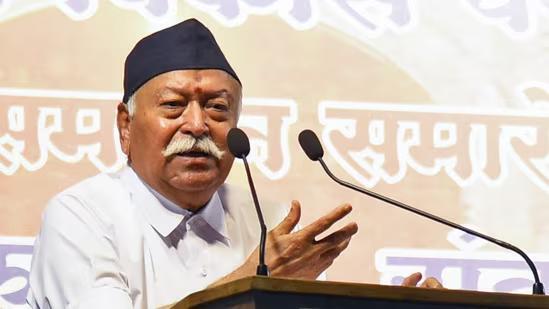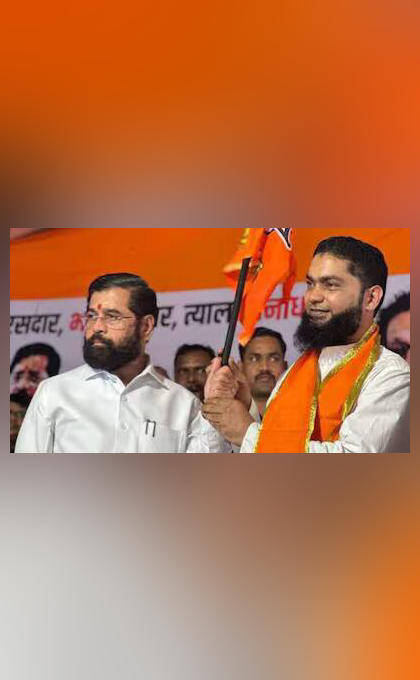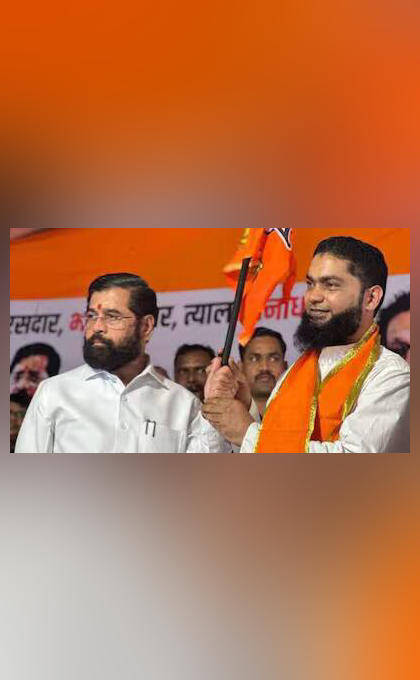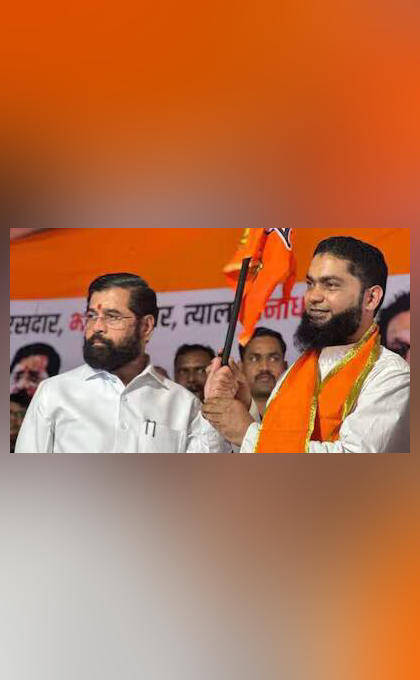
Muslims & Christians are also Hindus if they follow Indian culture: RSS chief Bhagwat
In a recent statement, Rashtriya Swayamsevak Sangh (RSS) chief Mohan Bhagwat has sparked a new debate by redefining the term “Hindu”. According to Bhagwat, anyone who takes pride in Bharat, or India, is a Hindu. This definition extends beyond the traditional understanding of Hinduism as a religion, and encompasses people of all faiths who identify with Indian culture and traditions. In a bold statement, Bhagwat said, “If Muslims and Christians, even without giving up their worship, customs and traditions, worship this country, follow Indian culture…then they are Hindus.”
This statement has far-reaching implications, as it challenges the conventional notion of what it means to be a Hindu. Traditionally, Hinduism has been understood as a specific set of religious beliefs and practices, centered around the worship of deities such as Brahma, Vishnu, and Shiva. However, Bhagwat’s definition expands the concept of Hinduism to include people of all faiths who identify with Indian culture and traditions. This means that Muslims and Christians who follow Indian customs, celebrate Indian festivals, and take pride in India’s rich cultural heritage can also be considered Hindus.
Bhagwat’s statement is not just a semantic exercise, but reflects a deeper understanding of Indian society and culture. India is a country with a rich diversity of faiths, cultures, and traditions. While Hinduism is the majority religion, India is also home to significant populations of Muslims, Christians, Sikhs, Buddhists, and Jains, among others. Despite these differences, there is a common thread that binds Indians together – a shared culture and heritage that transcends religious boundaries.
Bhagwat’s definition of Hinduism recognizes this shared culture and heritage, and emphasizes the importance of national pride and identity. By saying that anyone who takes pride in Bharat is a Hindu, Bhagwat is emphasizing the idea that Indian culture and traditions are not the exclusive preserve of any one religion. Rather, they are a shared inheritance that belongs to all Indians, regardless of their faith.
This definition also challenges the notion that India needs to be officially declared a “Hindu Rashtra” (Hindu nation) in order to reflect its cultural and civilizational heritage. Bhagwat argued that India does not need an official label to be a ‘Hindu Rashtra’ because its civilization already reflects it. This means that the values, traditions, and customs that are inherent to Indian culture are already an integral part of the country’s identity, regardless of whether it is officially recognized as a Hindu nation.
The implications of Bhagwat’s statement are significant, as they have the potential to redefine the way we think about Indian identity and culture. By expanding the definition of Hinduism to include people of all faiths who identify with Indian culture and traditions, Bhagwat is emphasizing the importance of inclusivity and diversity. This definition recognizes that Indian culture is not the exclusive preserve of any one religion, but is a shared heritage that belongs to all Indians.
In conclusion, RSS chief Mohan Bhagwat’s statement that Muslims and Christians are also Hindus if they follow Indian culture has sparked a new debate about the meaning of Hinduism and Indian identity. By emphasizing the importance of national pride and shared culture, Bhagwat is challenging conventional notions of what it means to be a Hindu. As India continues to evolve and grow as a nation, it is essential to recognize the diversity and richness of its cultural heritage, and to promote inclusivity and diversity in all aspects of Indian life.





